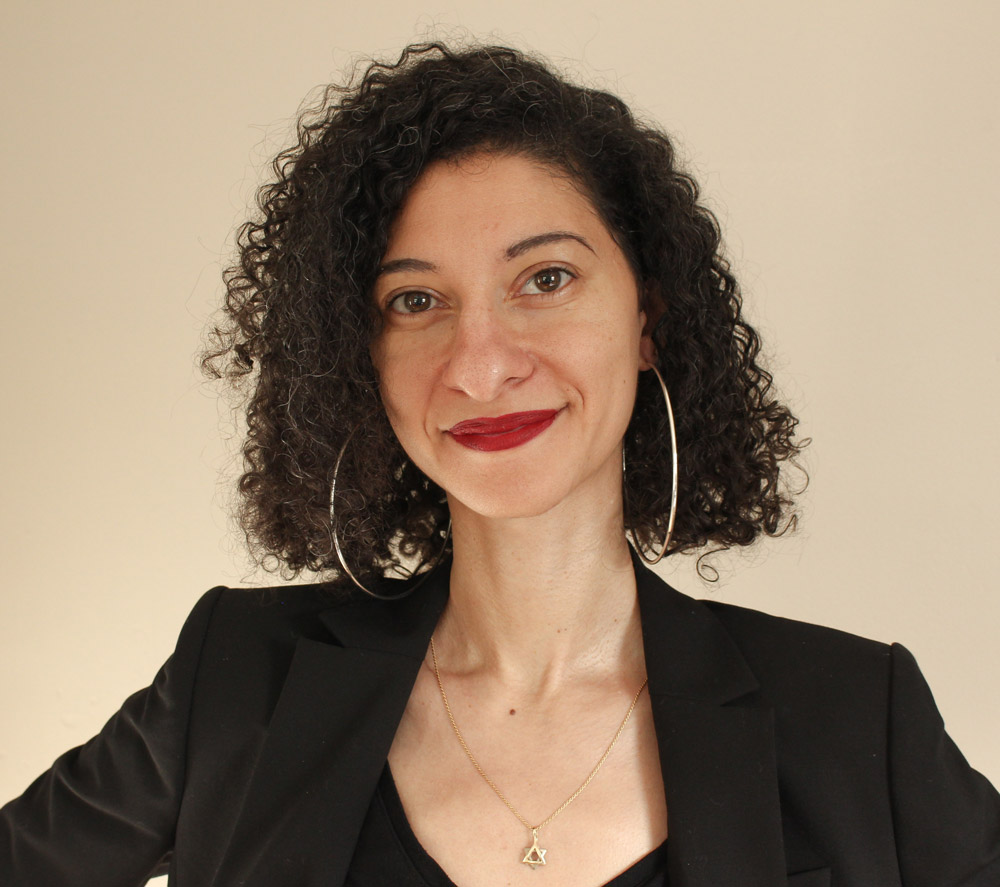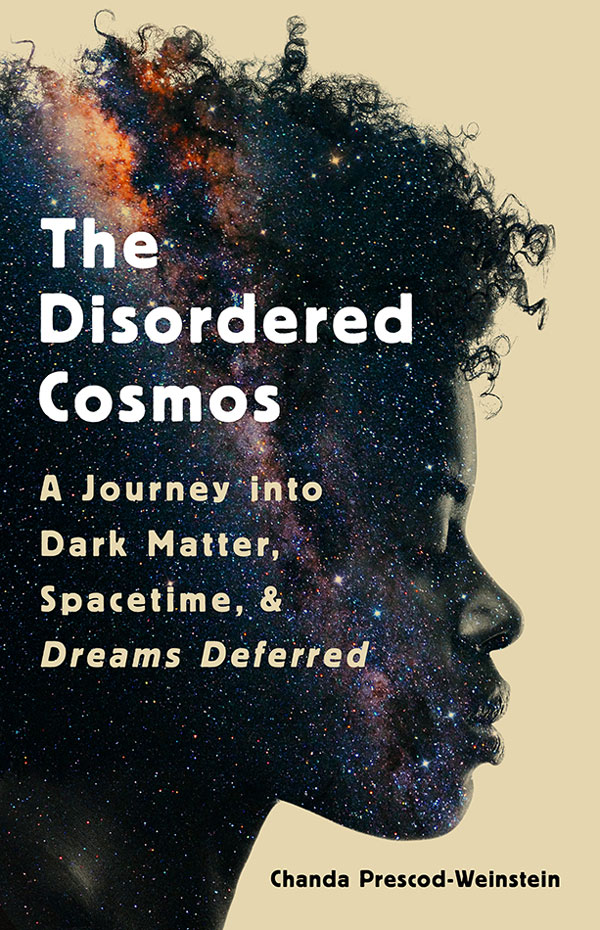The Disordered Cosmos
Yet while “The Disordered Cosmos: A Journey into Dark Matter, Spacetime, & Dreams Deferred” (Bold Type Books, 2021) contains all of those elements, it serves them up not as discrete “parts” but as a rich, joyful stew of overlapping flavors.
Prescod-Weinstein, assistant professor of physics and astronomy and core faculty in women’s and gender studies, grounds “The Disordered Cosmos” in particle physics and cosmology — her primary areas of research — then expands into an exploration of who does (or doesn’t do) science, how science is done, and how racism and sexism in science both reflect and perpetuate a universe of injustice.

A prolific writer who blogs, tweets, pens op-eds and is a regular columnist for New Scientist and Physics World, Prescod-Weinstein says the book fulfilled her dream of writing a popular science book. “It’s one person’s perspective on the doing of science and what we’re learning, how it’s done,” she says, adding, “I offer a very different perspective on that than a lot of people who write popular science do.”
The intersection of science and justice, which grew in prominence in 2020 as the twin crises of COVID-19 and the deaths of George Floyd, Breonna Taylor and Ahmaud Arbery focused the nation’s attention on systemic racism, is a familiar one to Prescod-Weinstein. In June, Particles for Justice, a group she cofounded in 2018, mounted a Strike for Black Lives response to systemic racism and violence against Black people. The American Physical Society honored her with its Edward A. Bouchet Award, given to a distinguished minority physicist who has made significant contributions to physics research, and the publications Essence, Vice and Nature included her in their year-end retrospectives of high-impact scientists.
For all the challenging subject matter — be it social injustice or particle physics — “The Disordered Cosmos” brims with Prescod-Weinstein’s joy at physics’ capacity to unlock the mysteries of the universe and presents a more optimistic vision for the future. “My hope is that the book opens the door so the Black physicist, the Black indigenous physicist … now has the freedom and spacetime to do that work,” she says. “One thing we [cosmologists] do well is that we capture peoples’ imaginations.”
